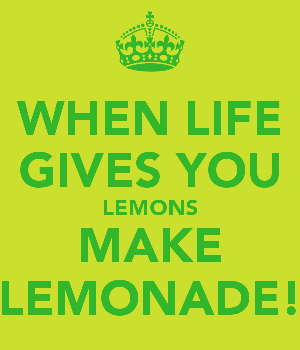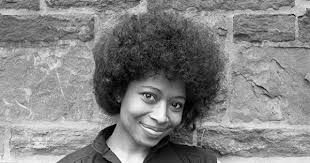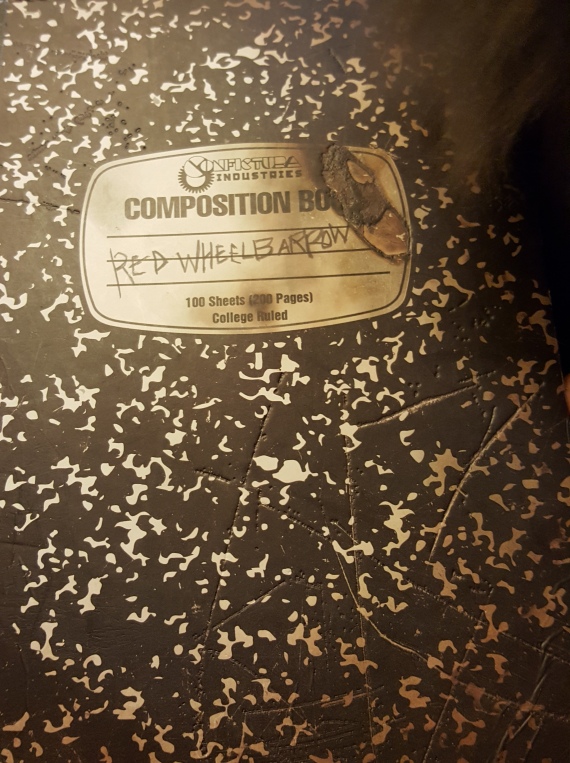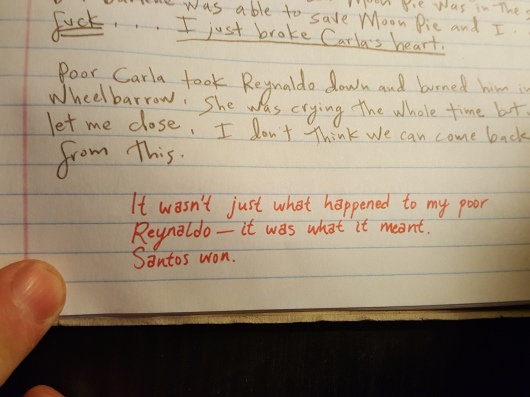Ummm….
What do you mean it’s not just for tragic poets anymore? What about the greats though: Sylvia Plath, Hart Crane, Reinaldo Arenas?
In other words, writing can be that cathartic release that we might yearn for when we simply can’t or don’t want to say it aloud.
I mean, if given the choice which of these two phrases would you like to say:
“I hate myself and I want to die!”
“It’s as if I’m some old, broken dragon that was shot out of the sky, and then dragged into a frozen lake of ice called Wolf Hill Lake.”
Which one do you think took more effort to write and then say aloud?
Wait, maybe I’m making this too complicated when I’m simply just trying to say that:
Writing (artistic or not) can help just about anyone that lives with mental health issues.
It might even be easy to forget that when we write, it’s this highly physical act that involves our bodies and our brains, so whether it be a poem on paper via pen, a text message turned Tumbler screenshot, or even some fictional alter ego of you as a hero of maybe your novel, your comic or even your Instagram.
So my question is? Do we have to be so transparent within our self-expression? Or can anger become that dragon?

The dragon can mean just about anything, from a poetic form of metaphor, or it can simply be that of an ass-kicking sidekick.
It’s all your choice.
And as far as my own form of self-expression? This was my intention, and as far as human beings go, as a species we’ve been writing about inner pain, joy, and those all big dreams since we learned how to make Cave Paintings.

(My favorite still from Herzog’s documentary film: Cave of Forgotten Dreams)
Now in trying to understand how, I, myself got into using writing as therapy? That’s a long and complicated story, but I’ll try to sum it up for you as this is the internet and you have prettier things to see and funnier things to read about right?
My story in a literal nutshell:
When I first diagnosed with a mental health diagnosis (I prefer not use a label for myself thanks) I was just 19 and in a rather life-threatening state of being; i.e. I had wanted to die.
Now at the time (during the mid-1990s), most of my treatment team specialists did not look at my disorder as a part of me to be understood and accepted, but more so as a part of me to be ‘fixed.’ Or maybe they had thought that perhaps if only I could’ve come to terms with my past, and take some magic little pills and pretend that I’m okay, then eventually, I will become okay.
Not so much.
It was during this time that I had developed several of my own ‘coping skills’ that I been using since well…birth:
journaling, creative writing, poetry, art, photography, and or any sort of creative expression that I could get my hands on.
Often certain feelings, moods and or topics are not so easily described, so to say in a poem, or a metaphor, and or the personal essay can greatly increase our chances of feeling better, purging all of those feelings and yeah even self-expression.
I myself have benefited, from both more creative expressions, and or even having a daily journal to vent about my world-however weird, boring and or frustrating it might be at that time.
And so for writing while under the influence of my illness, when it’s at it’s worst and even when I’m at my best can be a great way to cope with life’s sad, beautiful and yes even boring weirdness.
These tools; both creative and reflective have greatly improved my own life and the lives of so many others around me. From artists and I poets that I have known for years…to young people I might have spent an afternoon with at a juvenile prison institution setting, via a nonprofit I used to work for by the name of InsideOut Writers Program.
 “No one has ever written, painted, sculpted, modeled, built, or invented except literally to get out of hell.”
“No one has ever written, painted, sculpted, modeled, built, or invented except literally to get out of hell.”
—former psychiatric patient and poet Antonin Artaud (1896-1948).
That being said, there are literally millions of creative forms of self-expression can be used to help us: find solutions, create coping skills, give us relief and of course; to make something positive out of what most call as being a negative situation i.e. making lemonade out of life’s lemons.
A phrase for which my 4th grade teacher Mr. Johnson used to say:

And so as cliched as that old catchphrase might, it’s one of those simple truths that all human beings might have to eventually deal with.
And so what can we do next? When our own moods won’t shift, what we can do is simply sit with and come to terms with those feelings, and then, of course, express ourselves.
Above: Elliot Alderson’s ‘fictional rants/emotional vomiting’ via his notebook ala Mr. Robot
Writing as Expressive Art Therapy can take nearly any form of art and or the written word: from poetry, to journaling, to art, and or even just getting it all out of our collective selves via what I might call as being “emotional vomiting” i.e expelling those things/feelings/memories and or stories that either haunt us and or we’ve got to live with.
And it really makes no difference whether the difference and or difficulty might be an emotional and or even physical disability-you can always try writing it all out and doing this simple act can significantly change your perspective.
Pulitzer Prize Winner Alice Walker has often remarked that the deep personal pain she experienced as a girl prompted her to become a writer. All her work originated with her need to fend off the disabling effects of anguish and hopelessness, to writer her way out of suicidal depressions. -(Louise Desalvo)

“I have not had an easy life…I started out writing to save my own life.”
—Alice Walker
In referring to this moment of reflection on Alice Walker’s writing life, one might be able to figure out that writing whether it be poetry, fiction, journaling or nonfiction can change one’s mood, perspective, and overall feelings from that of helplessness into that of self-empowerment, and maybe even that of re-writing one’s own story in order to both write and or have a brighter future.
Another poet, that I have very much admired by the name of Mark Doty once wrote in his memoir (Heaven’s Coast) about his partner (for whom died from HIV) the following:
“What is healing, but a shift in perspective?” -Mark Doty

And then there’s Louise Desalvo, for whom happens to be one of my favorite writing teachers and that of a ‘Therapy as Writing’ specialist.
In her book Writing As A Way of Healing, she spoke about war veteran Tim O’Brien’s harrowing memoir, The Things We Carried in which she talks about how Tim’s retelling of his traumatic times telling his own ‘story’ has gone from those realms of a rather traumatic ‘reliving’ into a more healing and more so owned ‘retelling’ of his own story.
Desalvo also states that self-reflection can be far more powerful and effective rather than using one’s own creative writing as some sort of metaphorical scream out into the dark.
Sylvia Plath’s former poetry editor Al Alvarez has also written about this in his memoir, The Savage Gods that: writing should be used for a self-reflection versus being used some sort of “cry out for help.”
And so in talking about of those differences between in using writing as creative expression and a form of reflection versus some sort of cry for help, before you start writing, you might want to ask yourself the following questions:
What type of writing might help me?
Poetry?
Writing for myself in a journal?
Essay writing,
And or even using fiction in order to tell a part of (or even your whole) story and then, even trying to imagine a different life, world, and future for yourself.
Here’s a great video on how keeping a journal can improve your own mental health. Created by the folks at The Undepression Project:
Questions, ideas, and or concerns? Please feel free to email me at:
carmelo.paintedbrain@gmail.com
BTW: I’m currently a Social Work intern at The Painted Brain and yes, I do specialize in Expressive Art Therapies.
Originally published on:




